Cellular Interactions Driving Peritoneal Endometriosis
A recent study led by Dr.Fazlaebas from the USA, published in the January 2025 issue of iScience, investigated the genes and cellular pathways involved in the development of peritoneal endometriosis. Using spatial transcriptomics, the study identified cell type-specific gene expression changes and…
Key Points Lay SummaryMacrophage Phenotypes Induced by Circulating Extracellular Vesicles in Endometriosis
In a study published in the Biomolecules, Martínez-Zamora et al. investigated the potential effect of circulating sEVs in the plasma of well-characterized patients with endometriosis on macrophage phenotype. This study explores how sEVs, which are tiny particles found in the blood of women…
Key Points Lay SummaryThe enhanced invasiveness, migration and the development of adenomyosis: Importance of M2 macrophages
Adenomyosis is the ectopic presence of endometrial stromal and glandular cells inside the myometrial tissue. Adenomyosis is diagnosed in women with gynecological problems with an incidence of 20%, although it is encountered much more frequently in hysterectomy specimens. Among many…
Key Points Lay SummaryMolecular and cellular mechanisms of fibrogenesis in endometriosis
Endometriosis lesions are characterized by endometrium-like cell proliferation, invasion, and oxidative stress associated with inflammation and neoangiogenesis. Fibrosis, which occurs due to these events, causes chronic pelvic pain depending on the location and the severity of endometriosis. For the purpose…
Key Points Lay SummaryA hot research topic: macrophage reprogramming for endometriosis treatment
Daria Artemova and colleagues from several research institutes of the Russian Federation have published their review on the cellular aspects of endometriosis related to macrophages, particularly emphasizing promising therapeutic options for the future in "International Journal of Molecular Sciences". Macrophages have…
Key Points Lay SummaryIL-33 Polarize Peritoneal Macrophages for Endometriosis Growth
M2 type macrophages are the most common type of macrophages found in endometriosis and they enhance the development of endometriosis lesions. The key factors that stimulate macrophages to polarize towards M2 and contribute to the increased endometriosis lesions remain to be…
Key Points Lay SummaryThe role of microbiota in the etiopathogenesis of endometriosis
Endometriosis is an estrogen-dependent disease that is commonly diagnosed in reproductive-aged women. Although many advanced types of research about the etiology, differential diagnosis and treatment have been performed, it still remains an enigmatic disease. Dr. Bedaiwy, a scientist and physician…
Key Points Lay SummaryAltered Immunity in Endometriosis
In recent years, there has been increased attention on the role of immune system in endometriosis development. Normally, immune reactions are supposed to destroy endometrial cells seeding in the peritoneal cavity. Nonetheless, in endometriosis, these cells are able to evade,…
Key Points Lay SummaryInterleukin 6 secretion from activated macrophages promotes the migration of endometriotic epithelial cells
Endometriosis is a chronic inflammatory disease. Accumulating evidence suggests that endometriosis patients have a higher level of various inflammatory factors which are associated with the pathogenesis of the disease. Several studies have shown marked increases in macrophage populations and activity…
Key Points Lay SummaryEFA Medical Conference 2017: "Hormone and Cytokine Sensitivity in Endometriosis" Presentation by Dr. Robert Taylor
The first presenter of the “Estrogen from Inflammation to Cancer: A Distant Link?” section of EFA 2017 Medical Conference was Dr. Robert Taylor from Wake Forest University Health Sciences. Dr. Taylor’s presentation was titled “Hormone and Cytokine Sensitivity in Endometriosis.”…
Key Points Lay Summary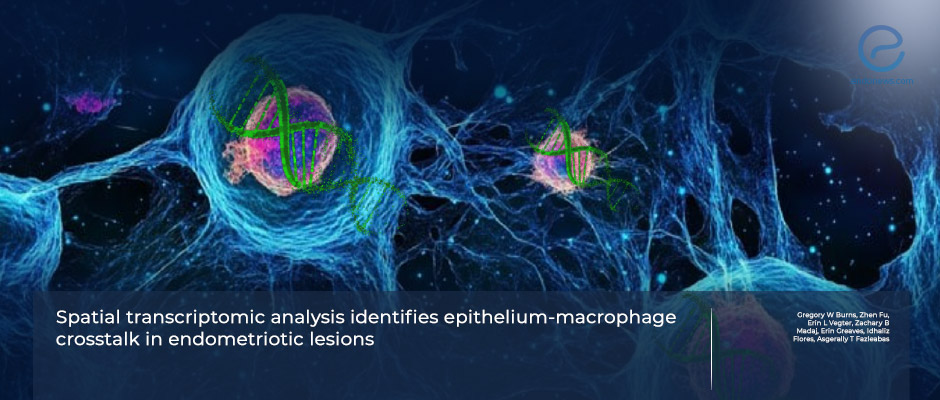
 By Eylül GÜN
By Eylül GÜN
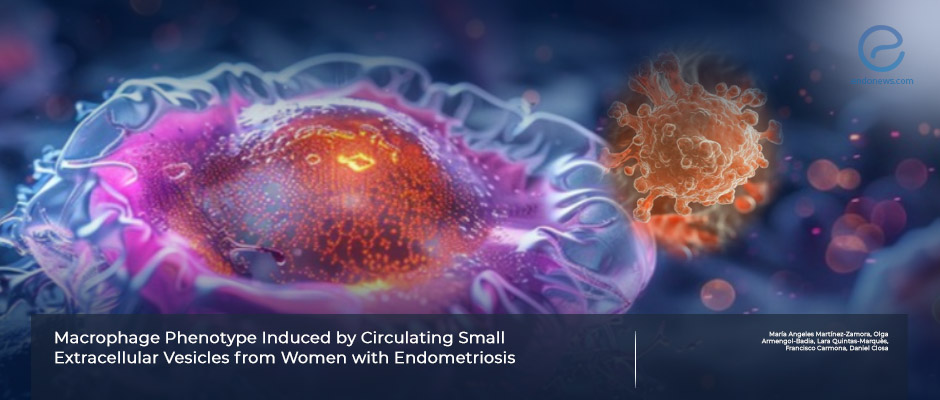
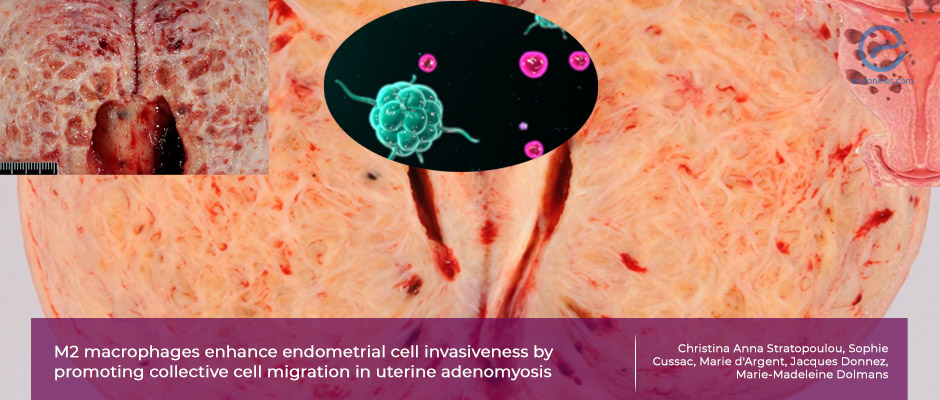
 By Hale Goksever Celik
By Hale Goksever Celik
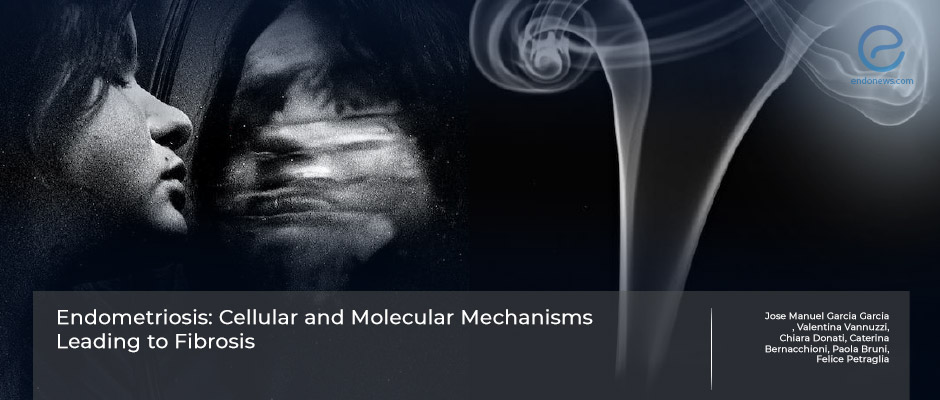
 By Selma Oransay
By Selma Oransay
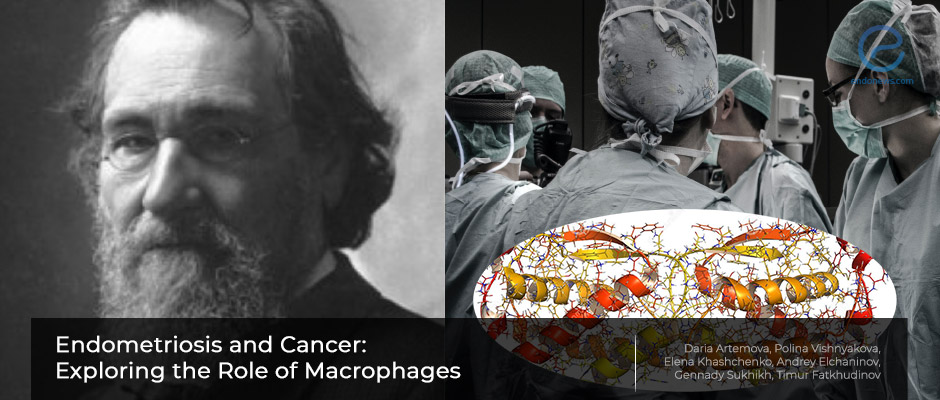
 By Nasuhi Engin Aydin
By Nasuhi Engin Aydin
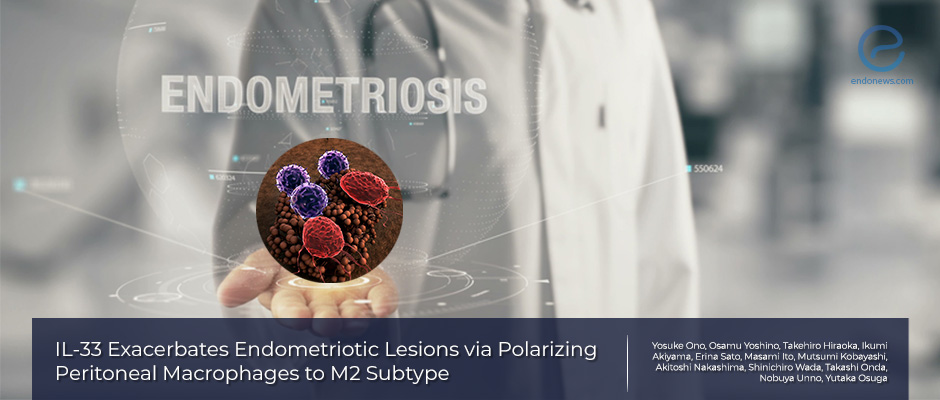
 By Nadire Duru
By Nadire Duru
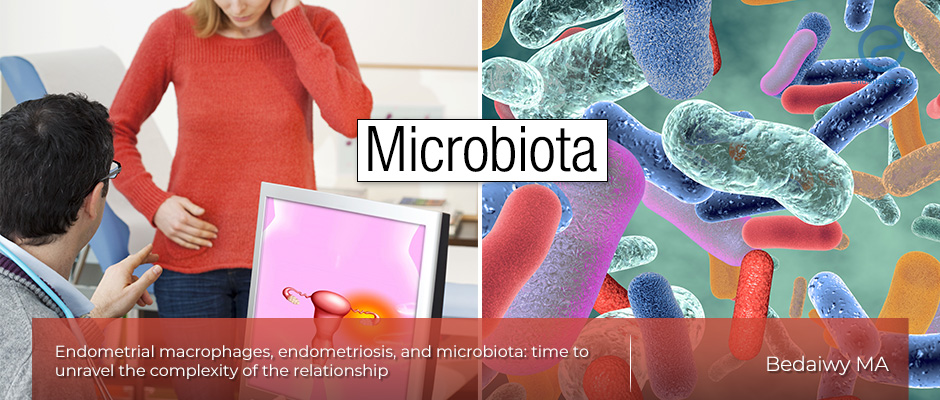
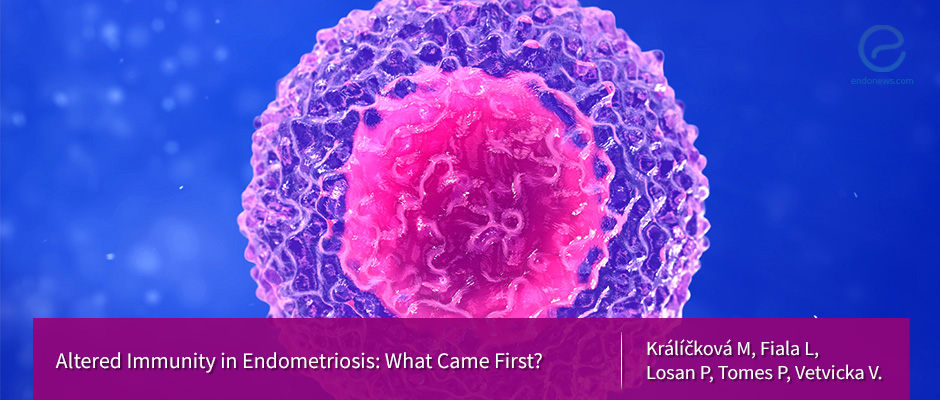
 By Yu Yu
By Yu Yu
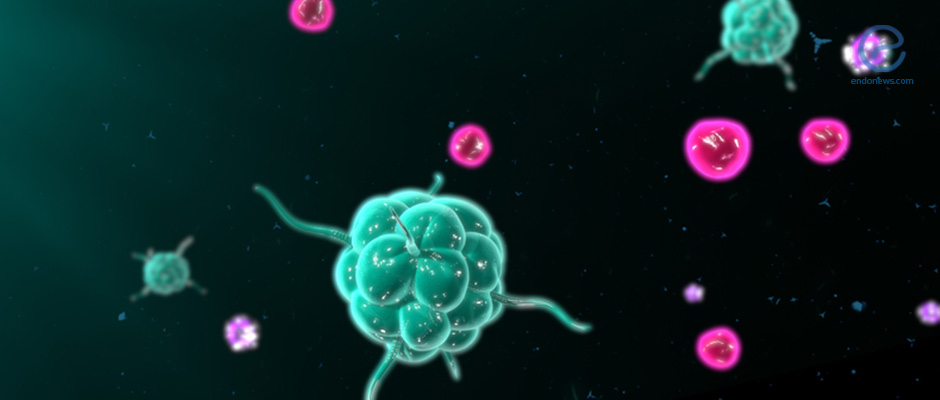
 By Dr. Youngran Park
By Dr. Youngran Park

 By Kasthuri Nair
By Kasthuri Nair